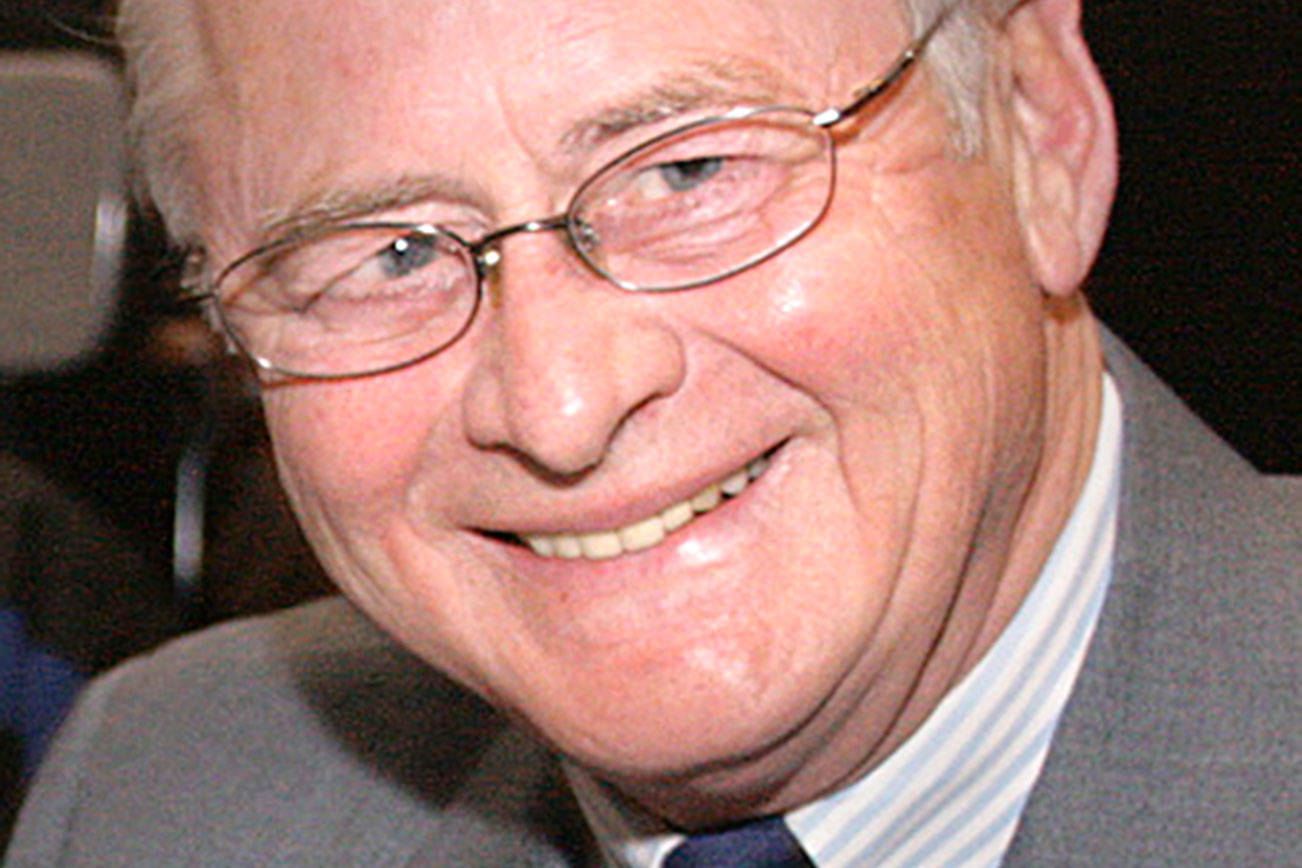The upcoming session of the Washington state Legislature will be the short session, but it will also be very political because each side will bring up issues to force the other side to vote yes or no — and establish a record for use later in the election cycle.
A major issue will be public safety and attempts to change the police accountability legislation passed last session. Many city police agencies have spent considerable time saying the current legislation makes it impossible to do their job, and they continue to try and undermine the goal of police accountability, which led to the changes.
In several jurisdictions including Auburn, Kent and Federal Way, the legislation had an impact on recent city elections and divided each community. However, don’t expect to see the problem in positions just go away. The legislation was passed because of high-profile cases of police shooting people of color. And there are enough subsets of politics to keep the debate alive for the length of the session. The closer we get to April, the more pressure there will be to let the voters decide by who they elect.
Another major hurdle will be the lack of new congressional and legislative districts maps, which were filed late. The maps are now in the hands of the courts, which can decide to turn it over to an independent master to come up with a plan the court can approve, or implement the maps submitted, which have the support of the Redistricting Commission. District data is a big deal to incumbent legislators because a shift of a few hundred voters can shift the district from one party to another. Each incumbent wants to stay where they are because they are known there and it improves their chances of reelection.
However, the map submitted would result in five incumbent legislators including Sen. Bob Hasegawa (D-District 11) and two members of each party in the House being drawn out of the districts they represent. That is good work given the how touchy the subject is. Also, the submitted maps did achieve the goal of keeping communities together where possible, so as not to delude the voting strength of people of color voting strength by creating a new majority Latino legislative district in Yakima.
One certain topic to be raised in the session will be the governor’s authority because a case recently said Jay Inslee exceeded his authority when he vetoed lines inside a 2019 transportation bill. That will lead to more questions about Inslee signing legislation implementing clean fuels standards, but vetoing the part requiring a new statewide funding package. To add further to Inslee’s politics, his own Democratic state Senate is opposed to the bill and may start a lawsuit. Prior rulings have established that the governor can veto entire bills, sections of bills or appropriation items. But this challenge could lead to redefining the governor’s authority. It can also be used by the other party as talking points should they want to challenge Inslee’s authority on other items or during the election.
Some expect questions to be raised about school boards having the authority to decide if they can disagree with the governor’s mandate requiring masks in schools, as that has become a controversial topic in Eastern Washington. Other controversial topics will be climate change, education (both K-12 and college) and ferry service, which suffered during the pandemic. Homelessness will continue get more attention as the nights get colder along with King County’s plan to use money to buy hotels since Pierce County is now considering the same concept. Transportation, education, and anything that has taxes will receive scrutiny. And in many fast growing communities, land use is becoming its own “back to the future moment” and returning to an earlier era when land use was the hottest battle in each community. It is a good thing that it is the short session, but that only makes it more political because everyone will want to get home to campaign.
Federal Way resident Bob Roegner is a former mayor of Auburn. Contact bjroegner@comcast.net.



